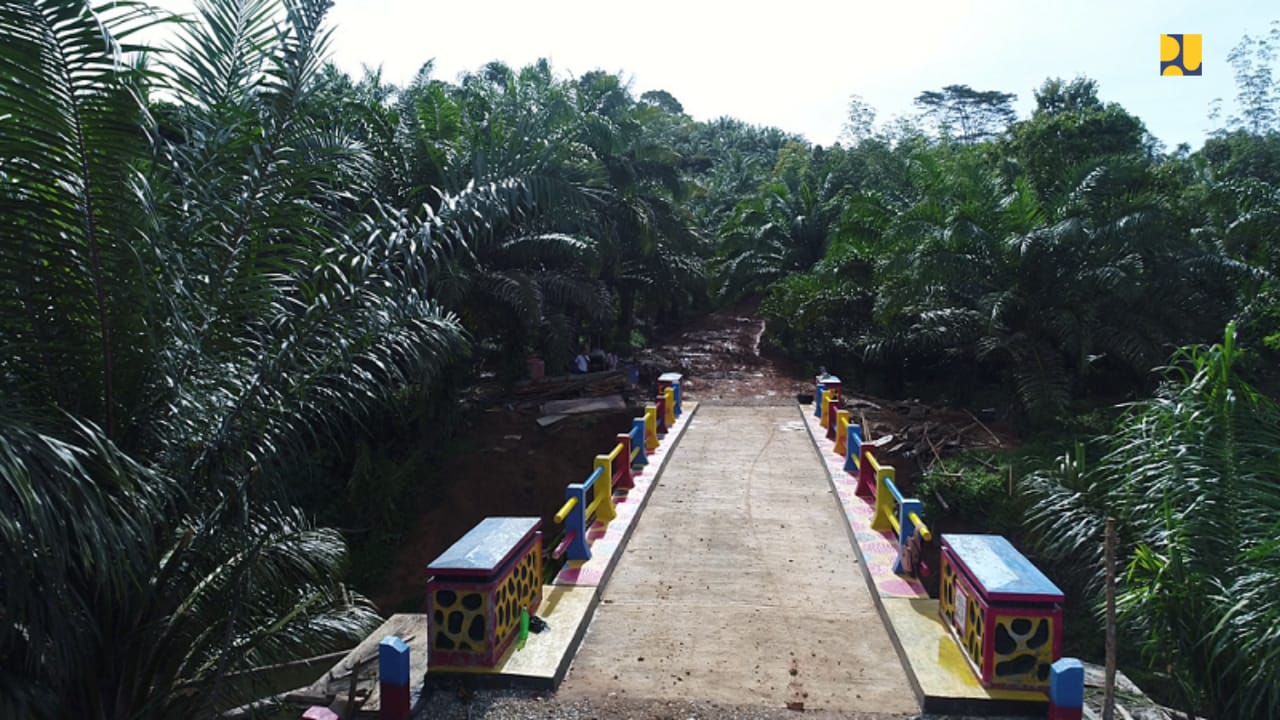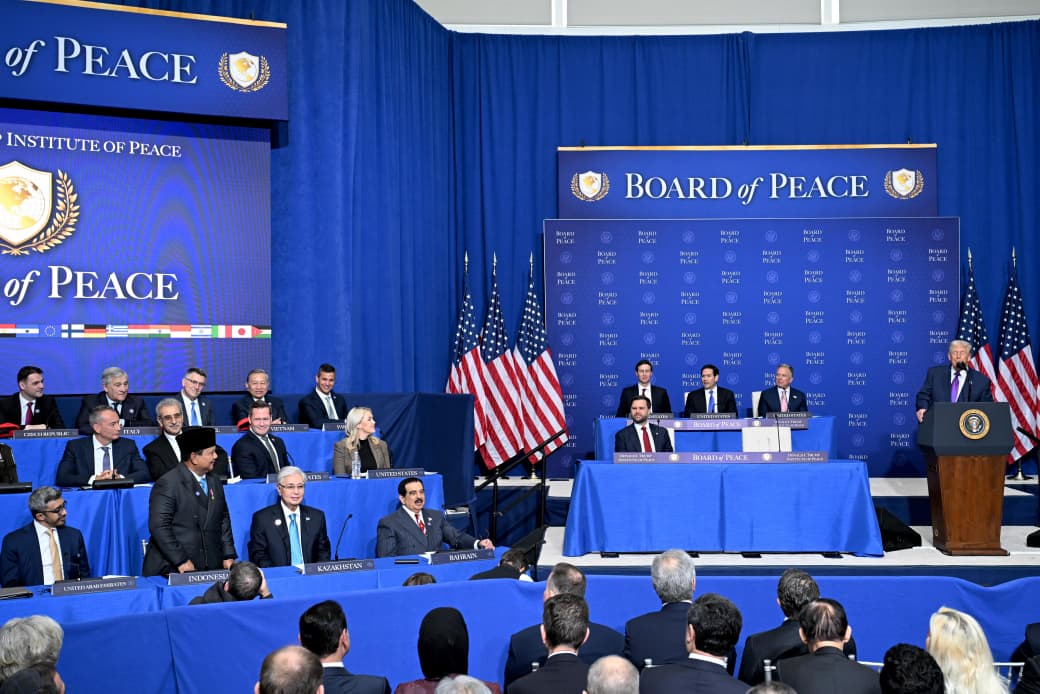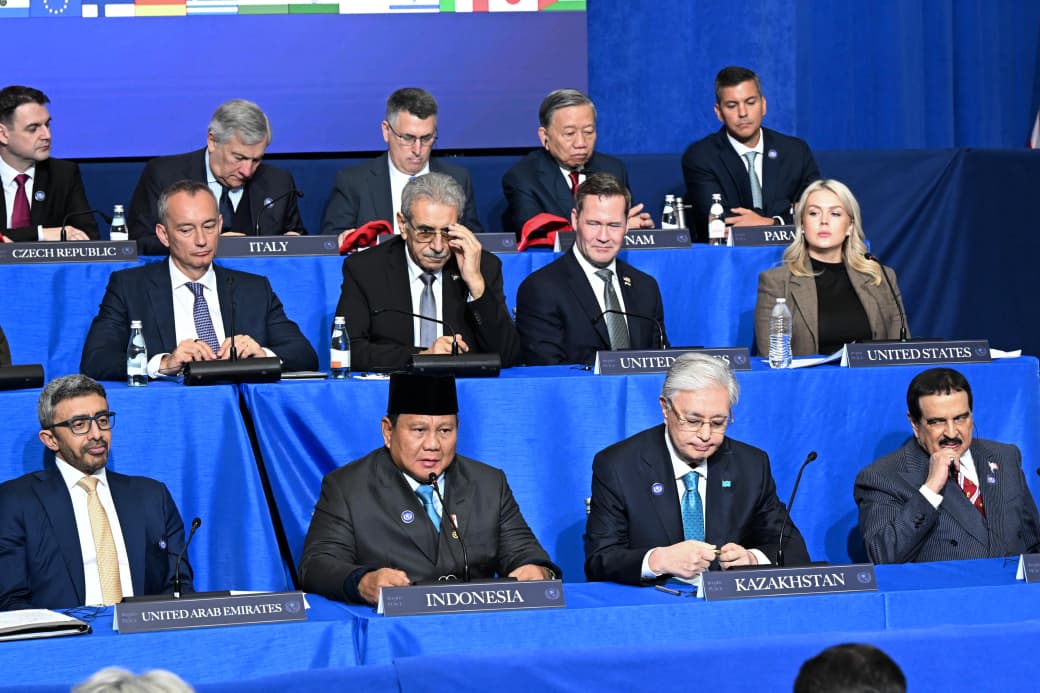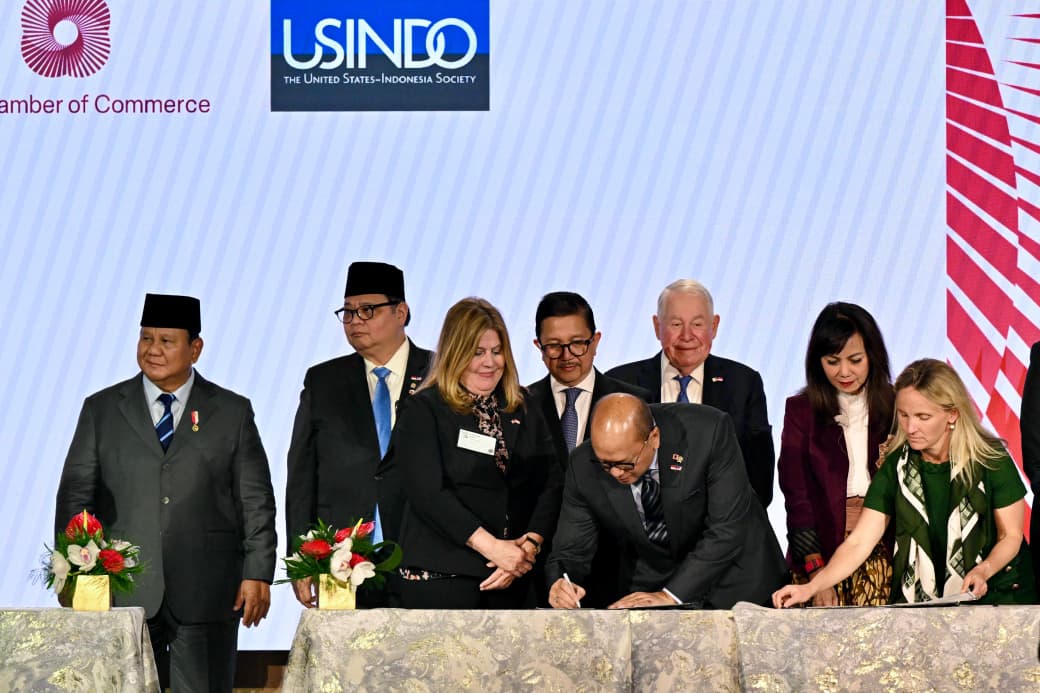Public Works Ministry to Distribute Rp10 T for Cash Labor-Intensive Programs

One of the cash labor-intensive programs implemented by Ministry of Public Works and Public Housing. (Photo by: Ministry of Public Works and Public Housing)
Ministry of Public Works and Public Housing (PUPR) has decided to accelerate the realization of Cash Labor-Intensive Programs for 2020 across 34 provinces. The Ministry has prepared a budget of RP10 trillion to finance the programs.
This decision which was based on the instruction of President Joko “Jokowi” Widodo primarily aims to maintain people’s purchasing power and reduce unemployment in the time of COVID-19.
The budgets are expected to be spread into these programs, namely the Irrigation System Accelerated Program (P3-TGAI), Routine Maintenance of Roads and Bridges, Regional Socio-Economic Infrastructure Development (PISEW), Development of City Without Slums (KOTAKU), Reduced, Reused, and Recycled Waste Management Sites (TPS3R), Community Based Drinking Water Supply and Sanitation (Pamsimas), Community-Based Sanitation (Sanimas), and New Development and Improvement of Self-Help Housing.
Minister of PUPR Basuki Hadimuljono underlined the importance of these programs for low-income people. In addition to spurring economic growth and increasing people’s purchasing power, the programs also aim to reduce unemployment. “The labor-intensive program also aims to distribute funds to villages/remote areas. The pattern of the implementation must also mind the physical and social distancing protocols to prevent the spread of COVID-19,” he said via video conference, Tuesday (7/4).
In 2010, P3TGAI implemented by the Directorate General of Water Resources has spread into 10 thousand locations with a budget of Rp2.25 trillion. This year, 761 P3TGAI locations have prepared/started to disseminate information and 73 locations have been working on physical constructions, such as tertiary irrigation canals in Lampung (15 locations), Bali (10 locations), East Nusa Tenggara (48 locations) with a budget of Rp225 million per location.
In 2010, Directorate General of Highways implemented routine maintenance of 47,017 km of roads with a budget of Rp0.499 trillion. The maintenance varies from road median cleaning to road surface painting. In addition, 496,080-meter long bridge maintenance is also carried out routinely using a community self-help scheme with a budget of Rp110 billion, such as painting a bridge frame.
This year, Directorate General of Human Settlements will implement PISEW in 900 districts with a budget of Rp540 billion, TPS3R in 106 locations with a budget of Rp63 billion, Pamsimas in 4,717 locations with a budget of Rp1,099 Trillion, and Sanimas in 1,028 locations with a budget of Rp391 billion. Pamsimas and Sanimas aim to support stunting prevention or growth disturbance in children under five through the provision of clean water and sanitation infrastructure. Some Pamsimas activities include the construction of a new Drinking Water Supply System (SPAM), expansion and optimization of the existing SPAM with the house connection module while some Sanimas activities include the establishment of communal bathing, washing and toilet facilities (MCK), communal wastewater treatment plant (IPAL), others.
The Human Settlements Directorate General has prepared KOTAKU in 364 urban villages with a budget of Rp382 billion. This program aims to improve access to infrastructure and basic services in urban slums to support the realization of habitable, productive and sustainable urban settlements. In 2016-2019 KOTAKU has covered 5,086 urban villages. The five components of KOTAKU activities are canals repairment, construction of garbage collection sites (TPS), construction of environmental roads, fire prevention (evacuation routes) and green open spaces (RTH).
In the housing sector, the Ministry will improve the quality of self-help houses by 166 thousand units with a budget of Rp 3 trillion and the construction of new self-help houses by 10 thousand units with a budget of Rp 371 billion. This program is implemented through Self-help Housing Stimulants Assistance (BSPS) under the responsibility of the Directorate General of Housing Provision, either in the form of quality improvement or the construction of new houses. To improve the quality of houses, the community received the assistance of Rp17.5 million while for the construction of new houses, the amount reaches Rp35 million. Through this stimulus, it is expected that community initiatives and efforts will emerge by fostering the independence of aid recipients. (BKP Kementerian PUPR/EN)
Translated by: Fairuzzamani Inayatillah
Reviewed by: Lulu Wuliarti







